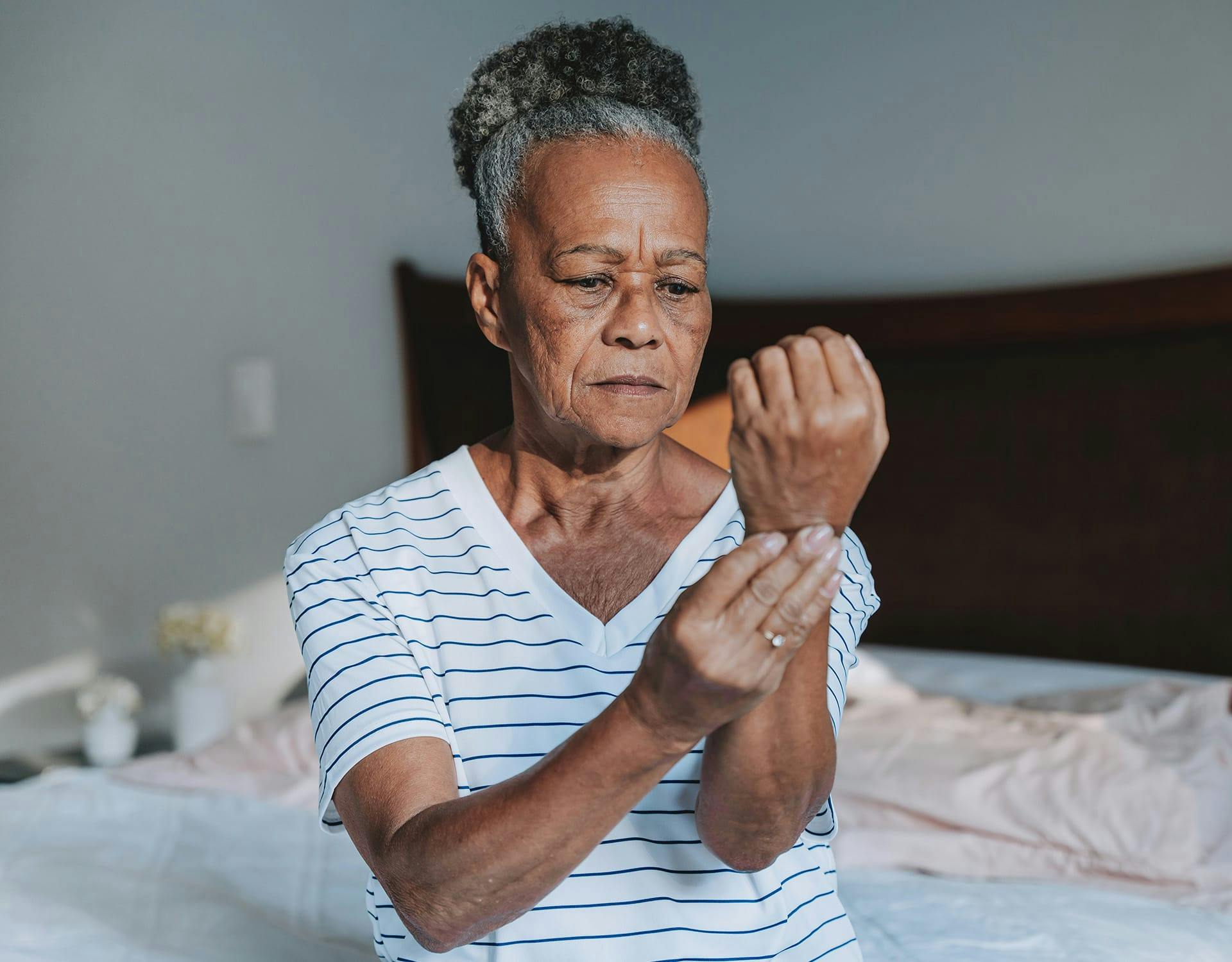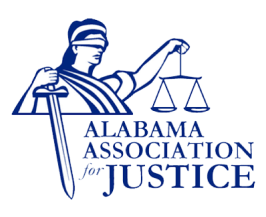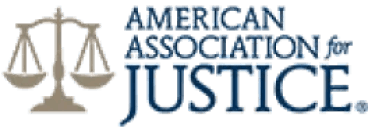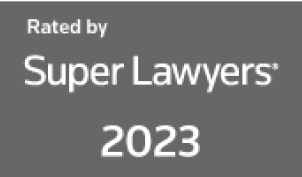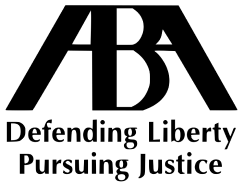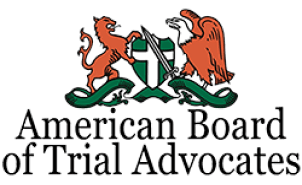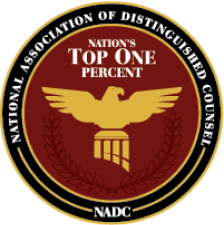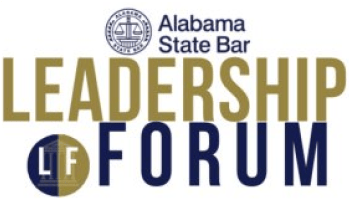Blood pressure medications impose potentially deadly blood cancer risk.
For those susceptible to hypertension, news of emerging Valsartan class action lawsuits is enough to send the blood pressure meter into high alert. If you are one of the millions of Americans who suffer from chronic high blood pressure and experienced the onset of severe side effects from this drug, contact the experienced class action team at Heninger Garrison Davis, LLC right away as you may be eligible for compensation as a result of your injuries.
The dangers of this drug are becoming more apparent each day, particularly in light of scientific discoveries of certain impurities within its chemical makeup. These impurities have been known to cause life-threatening illnesses – including cancer – for Valsartan victims. If you believe your diagnosis may be linked to Valsartan, do not delay in reaching out to us immediately.
